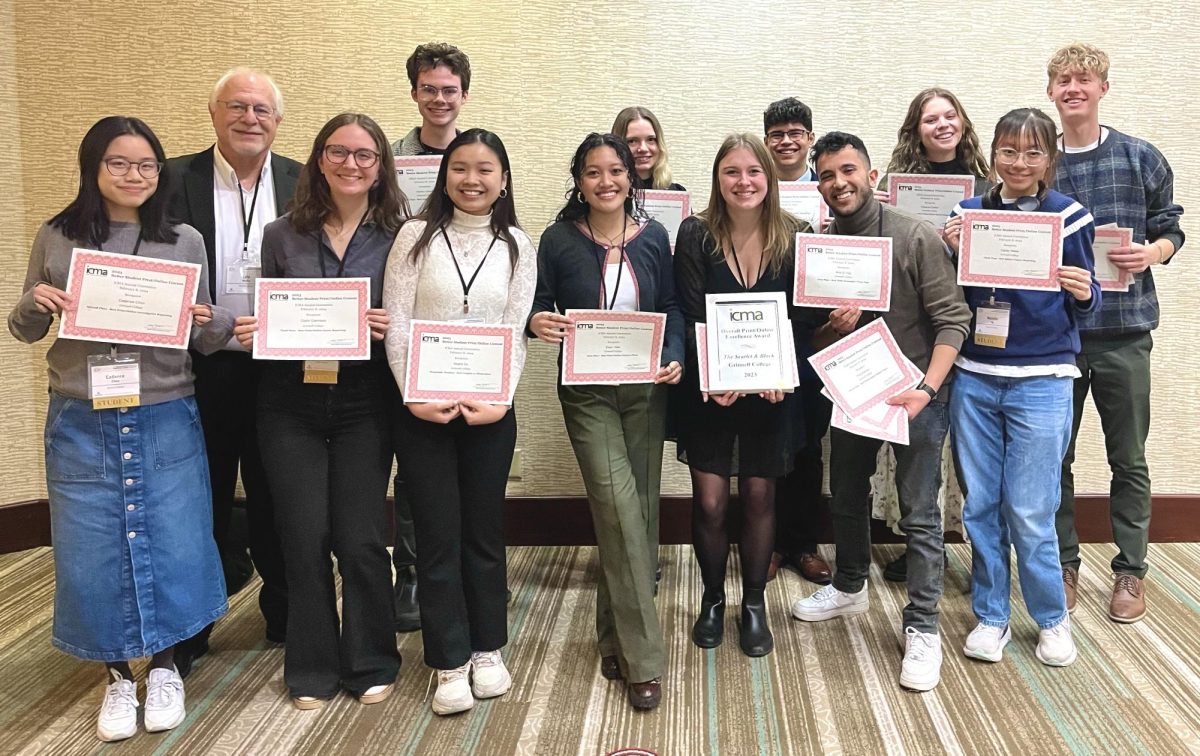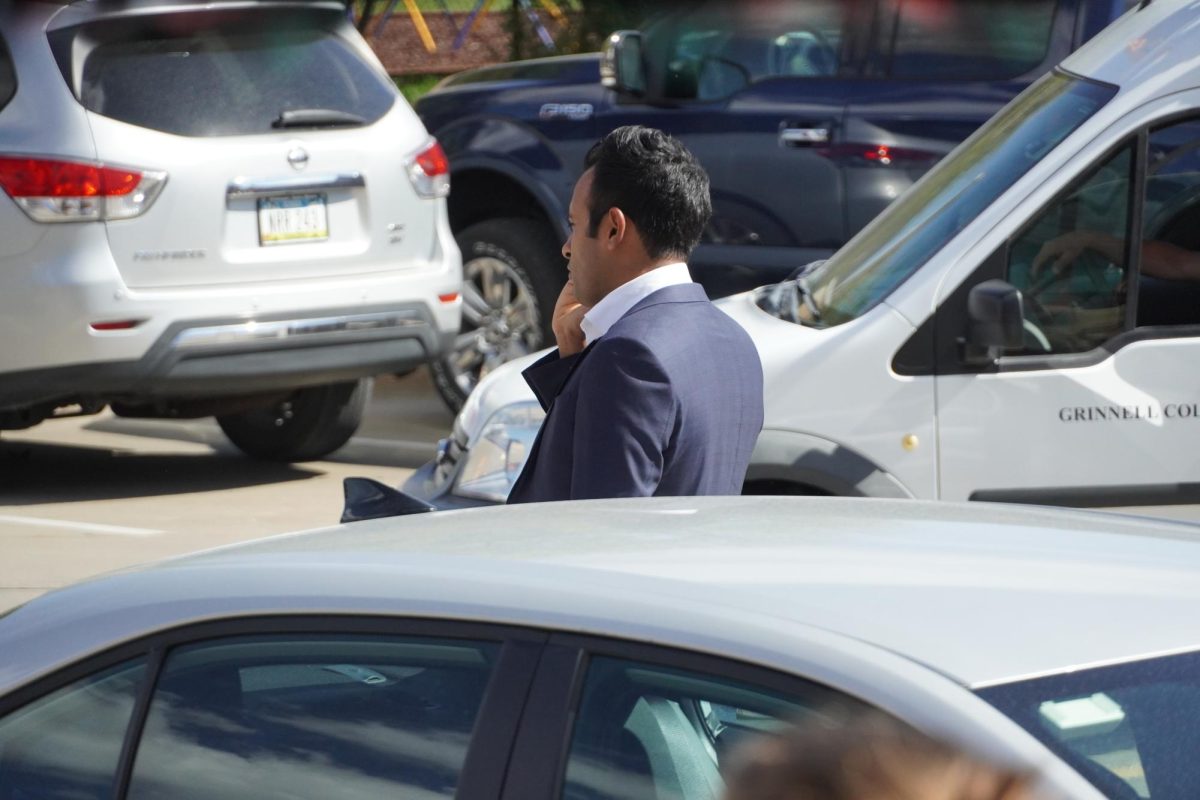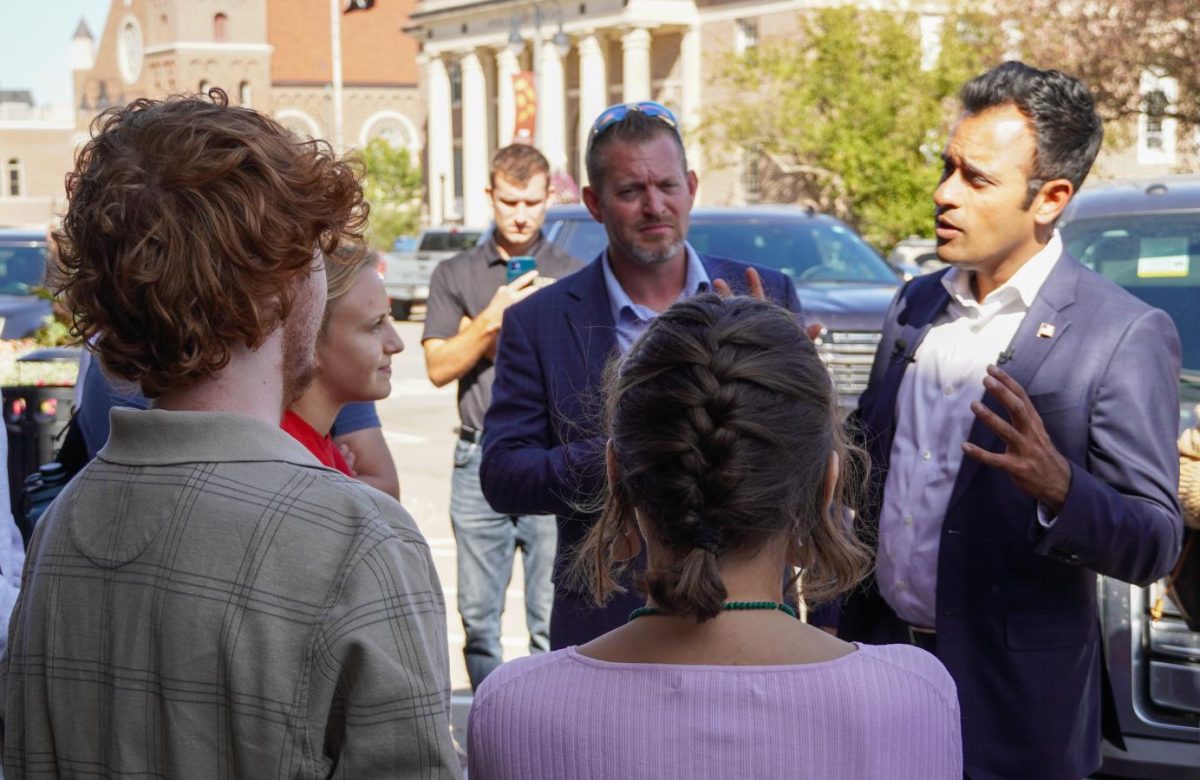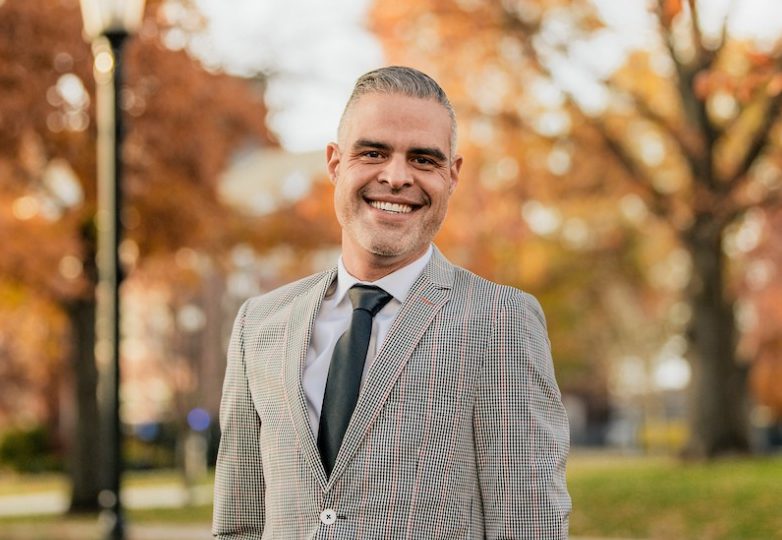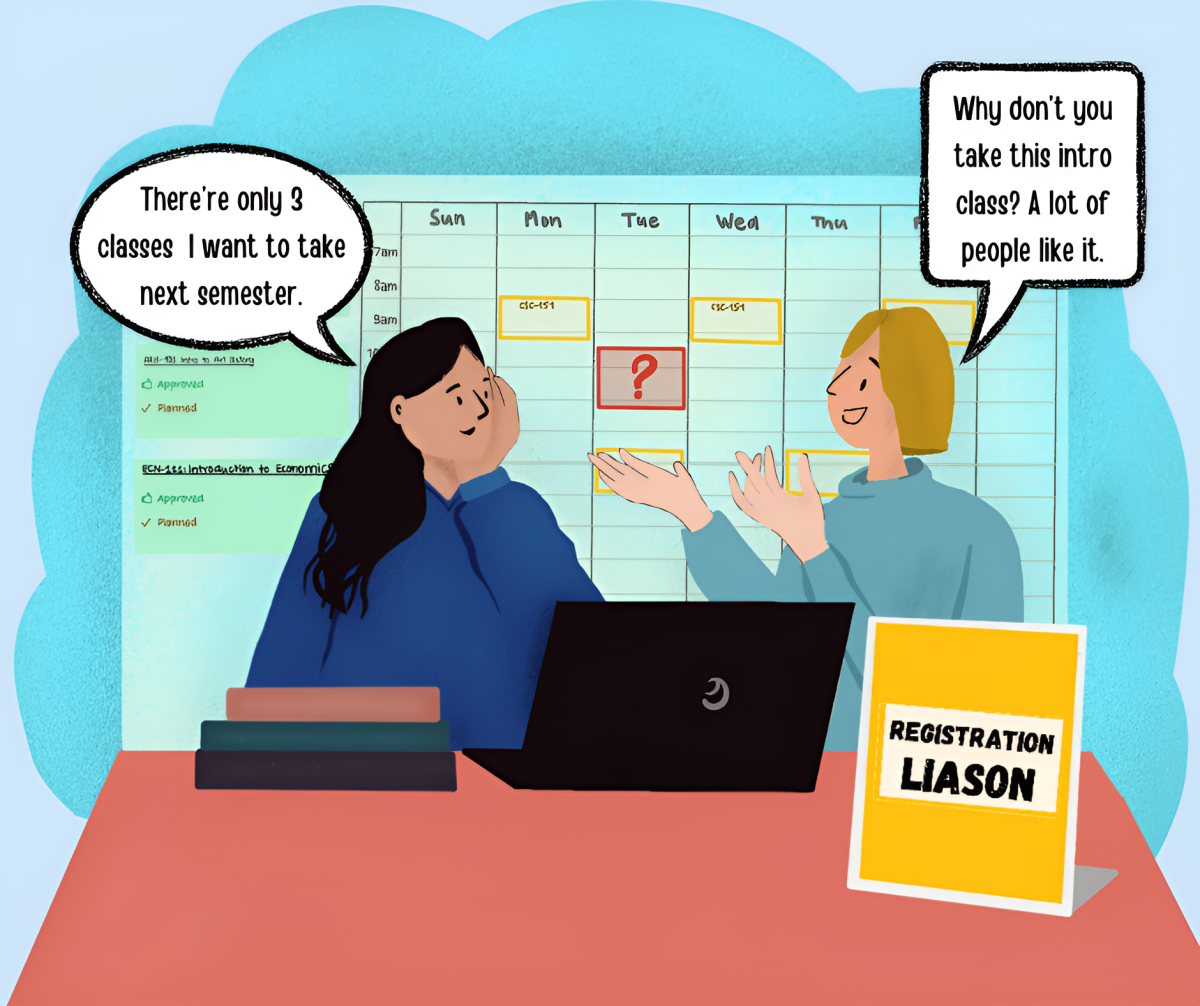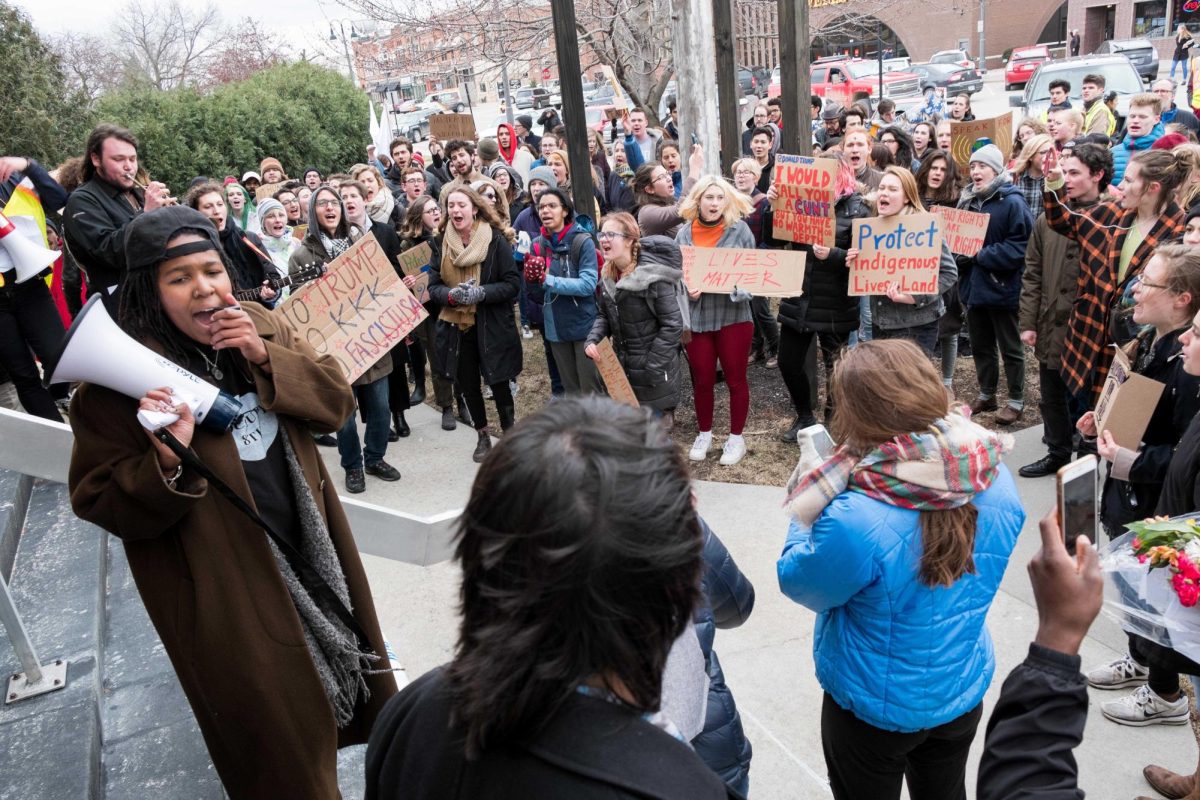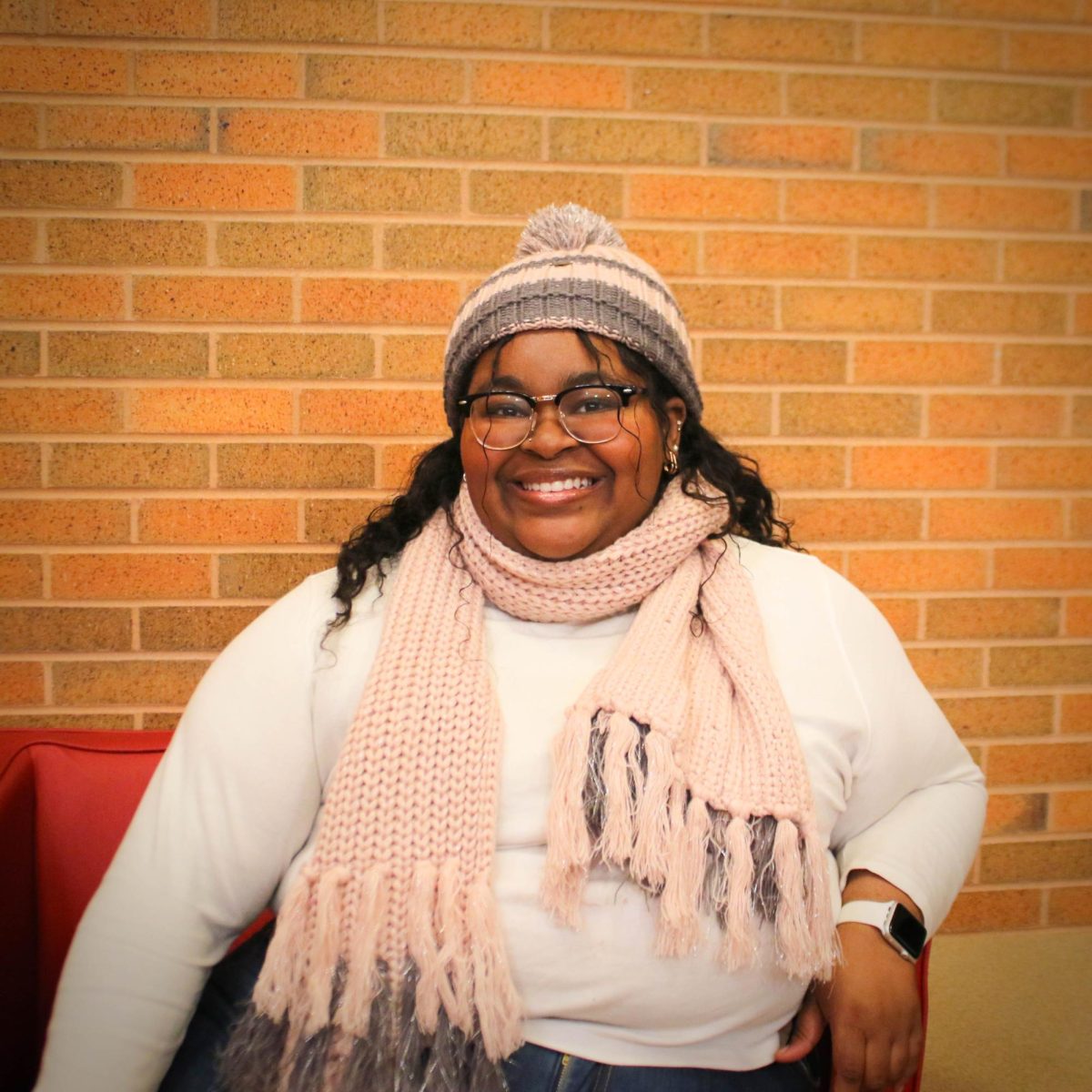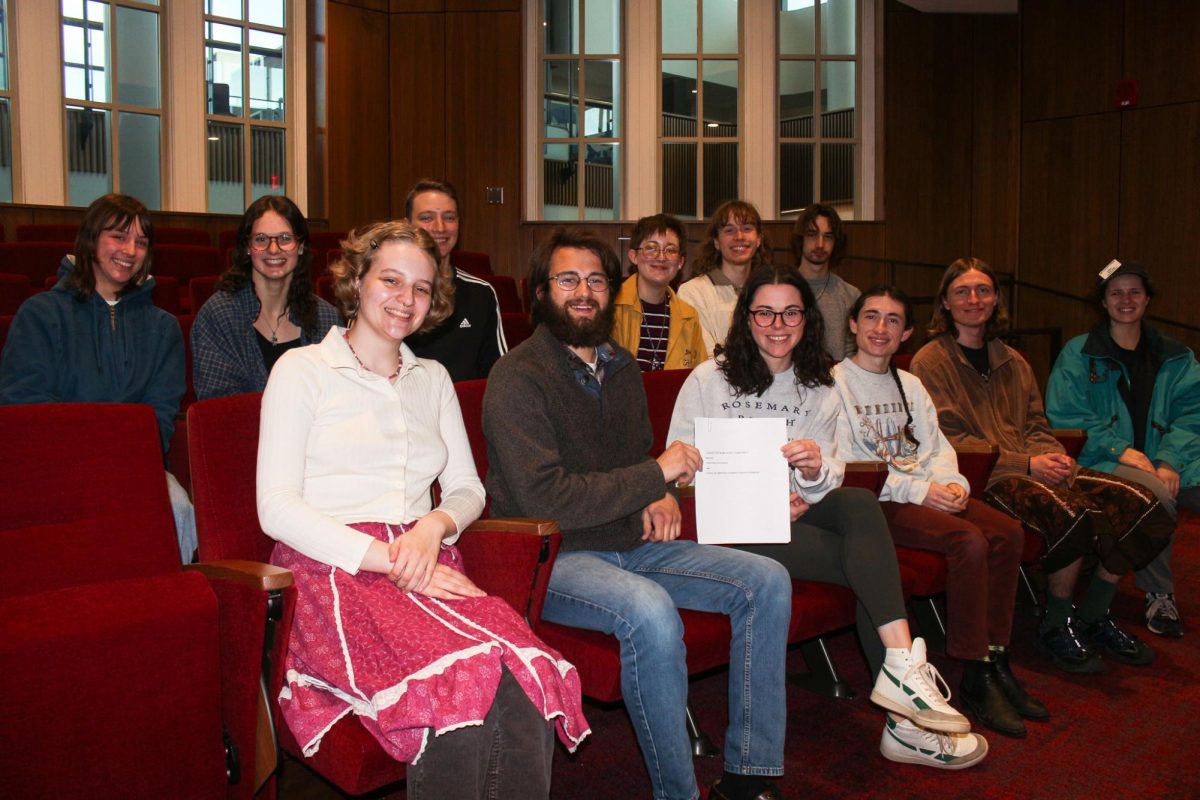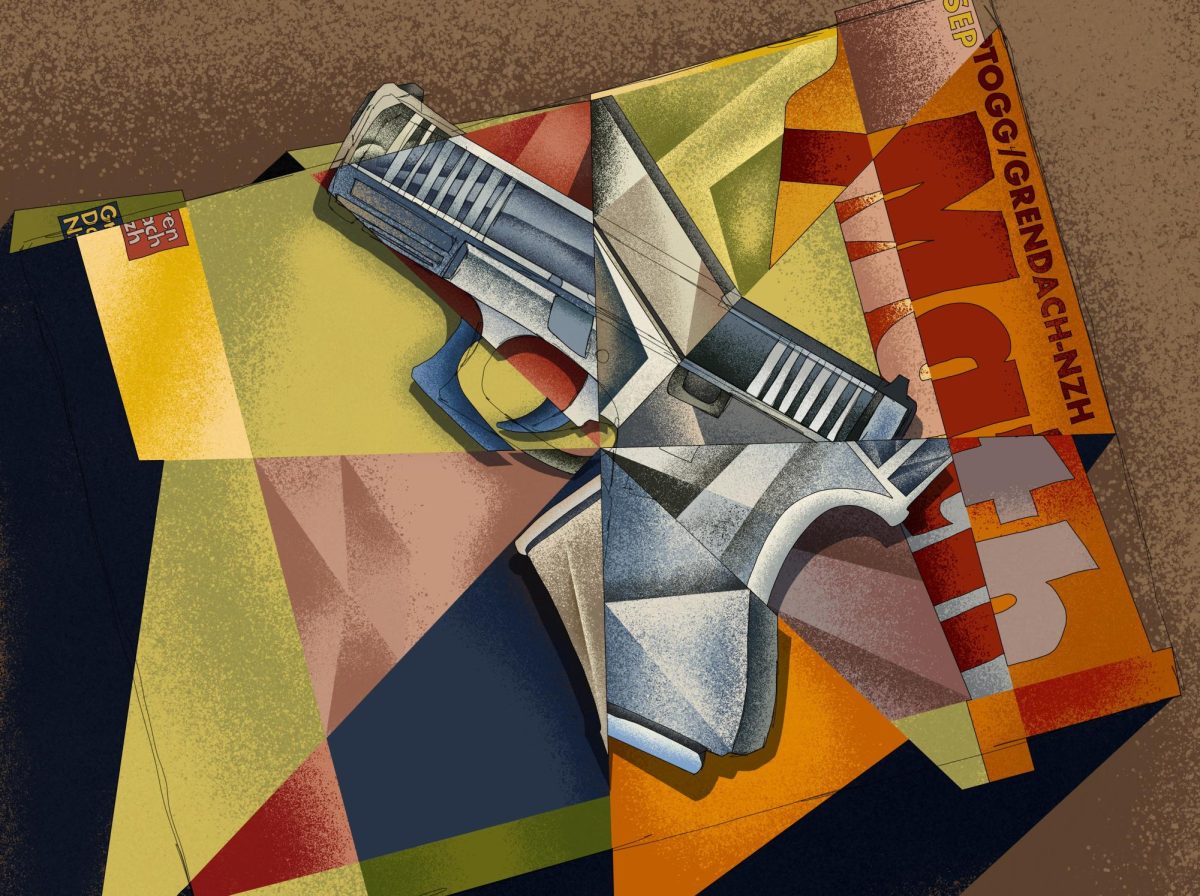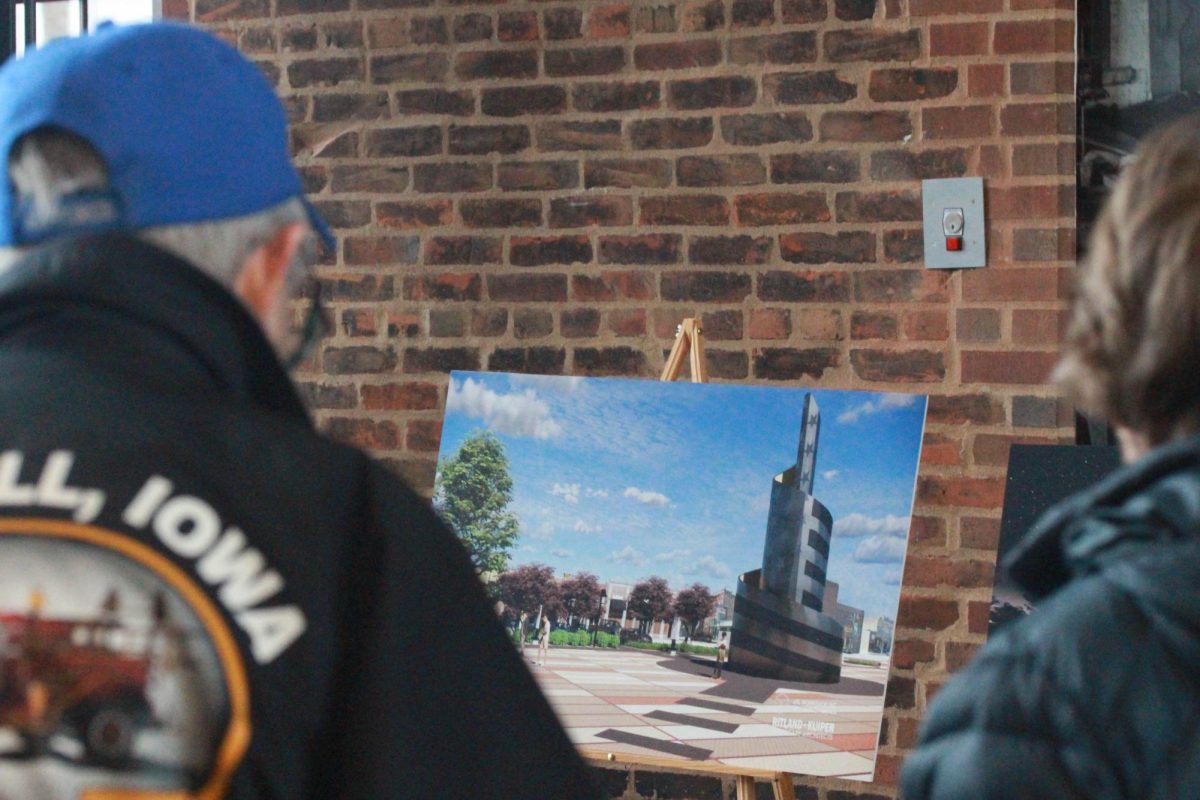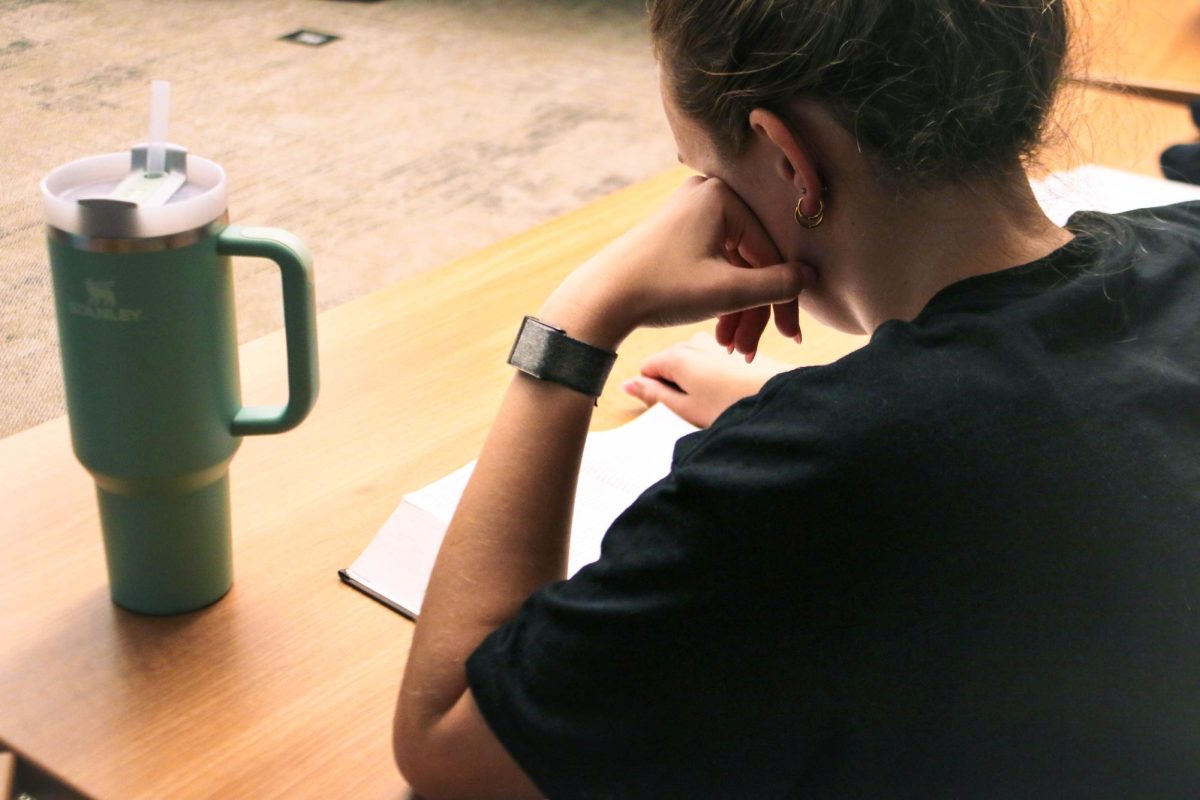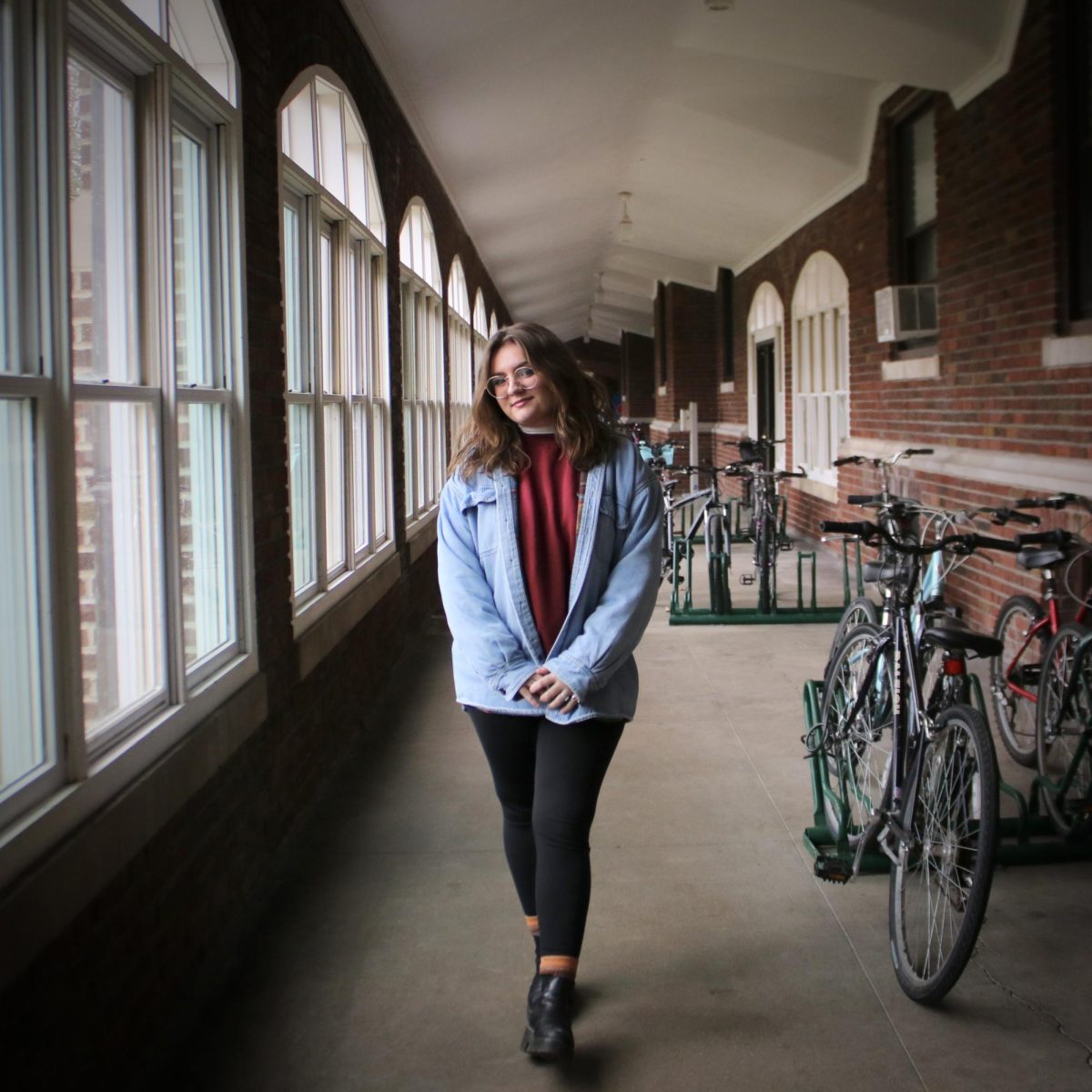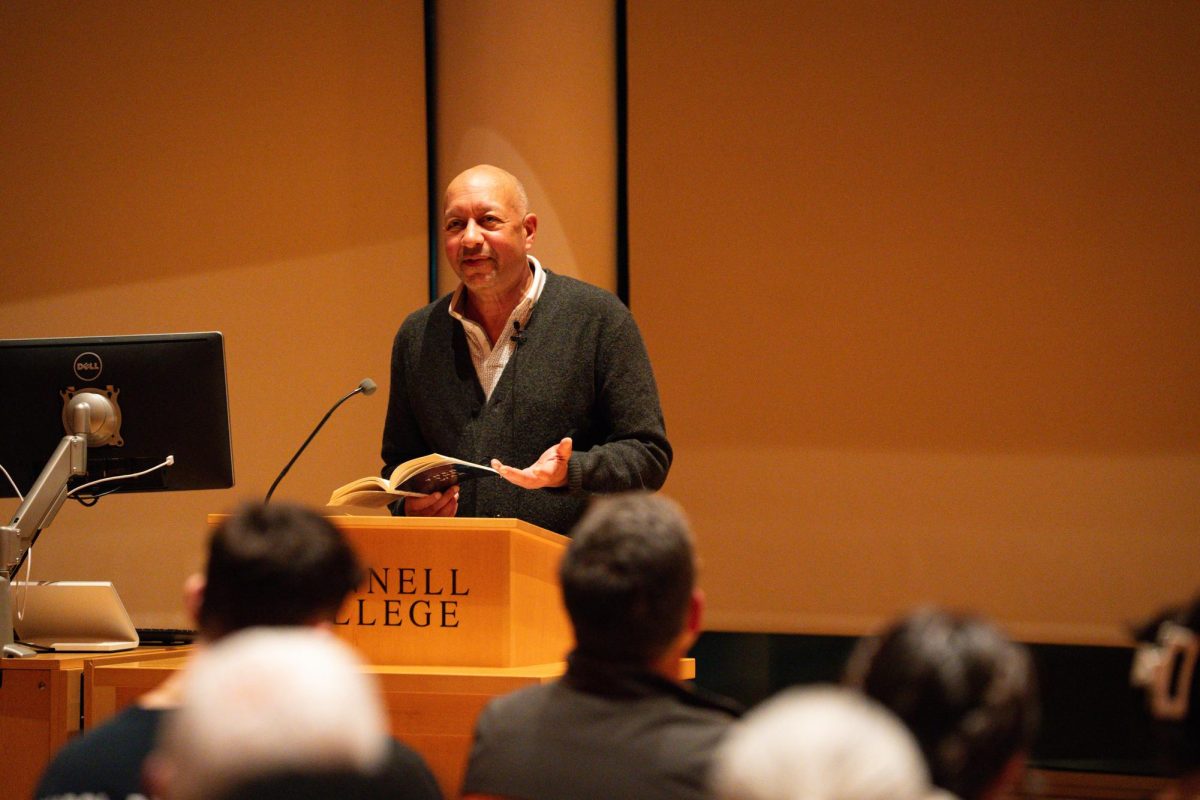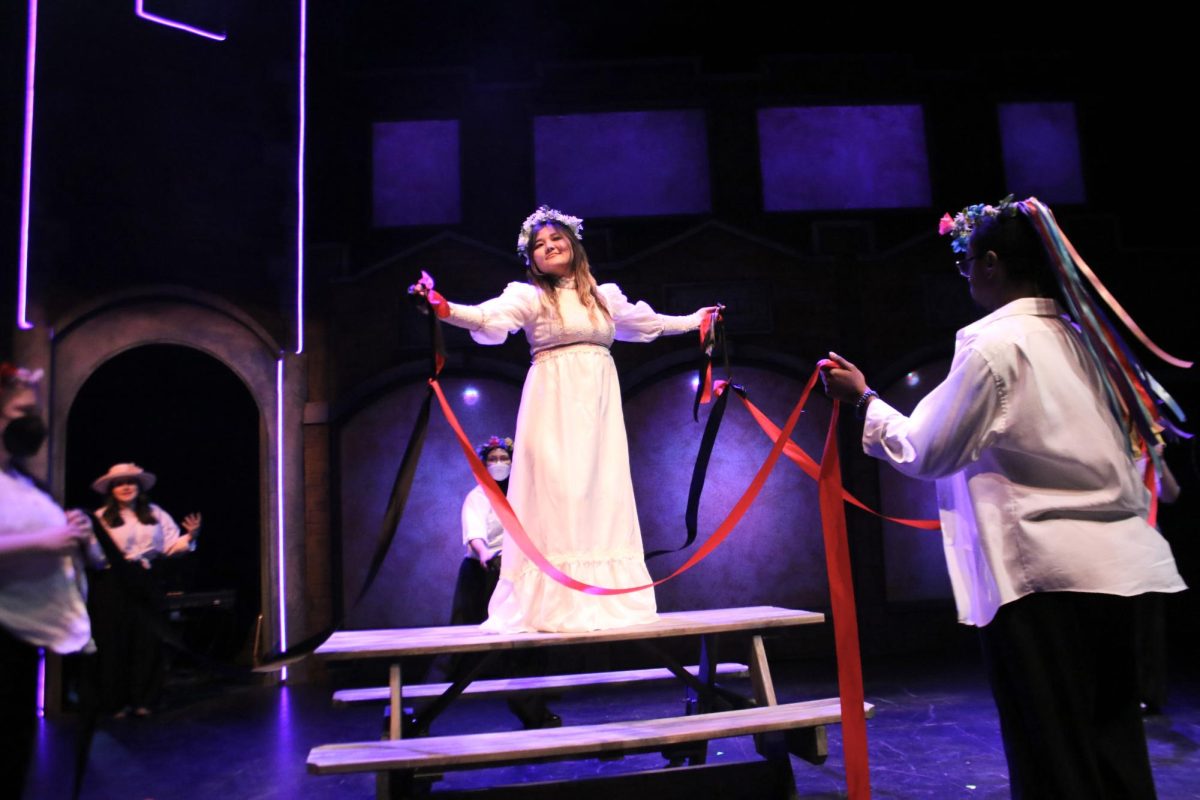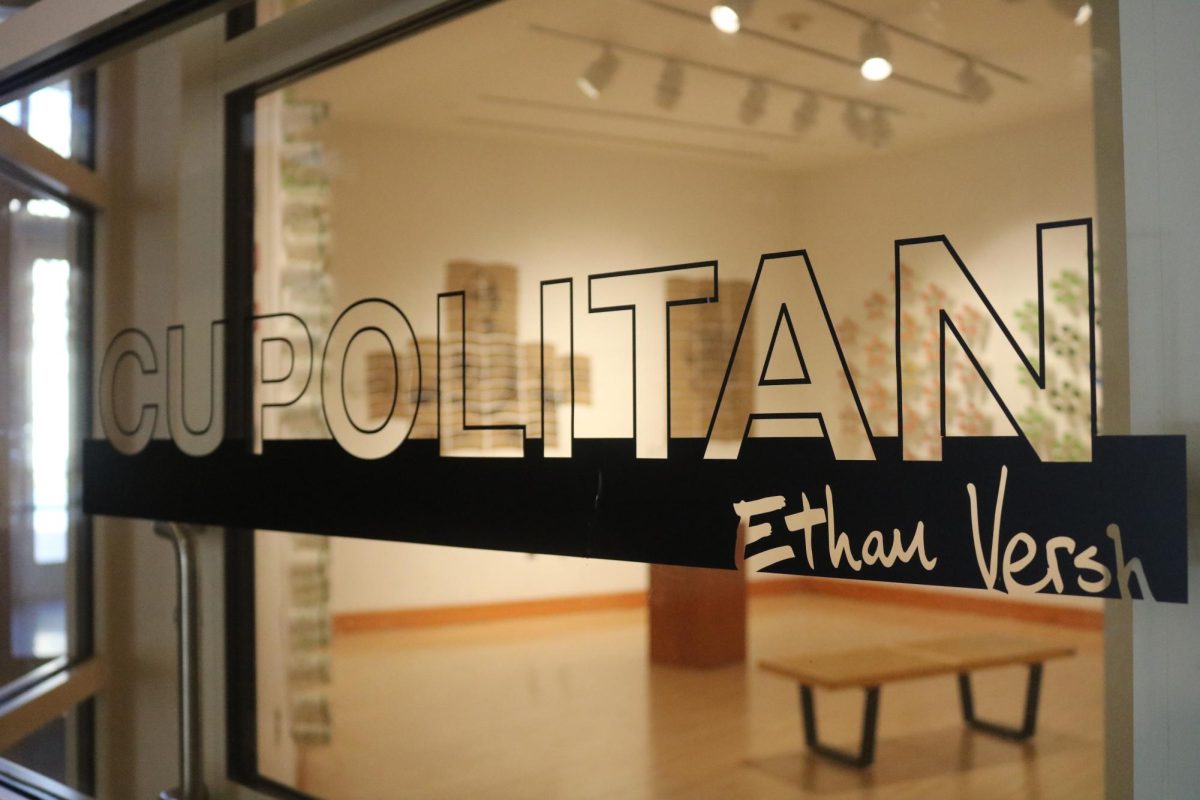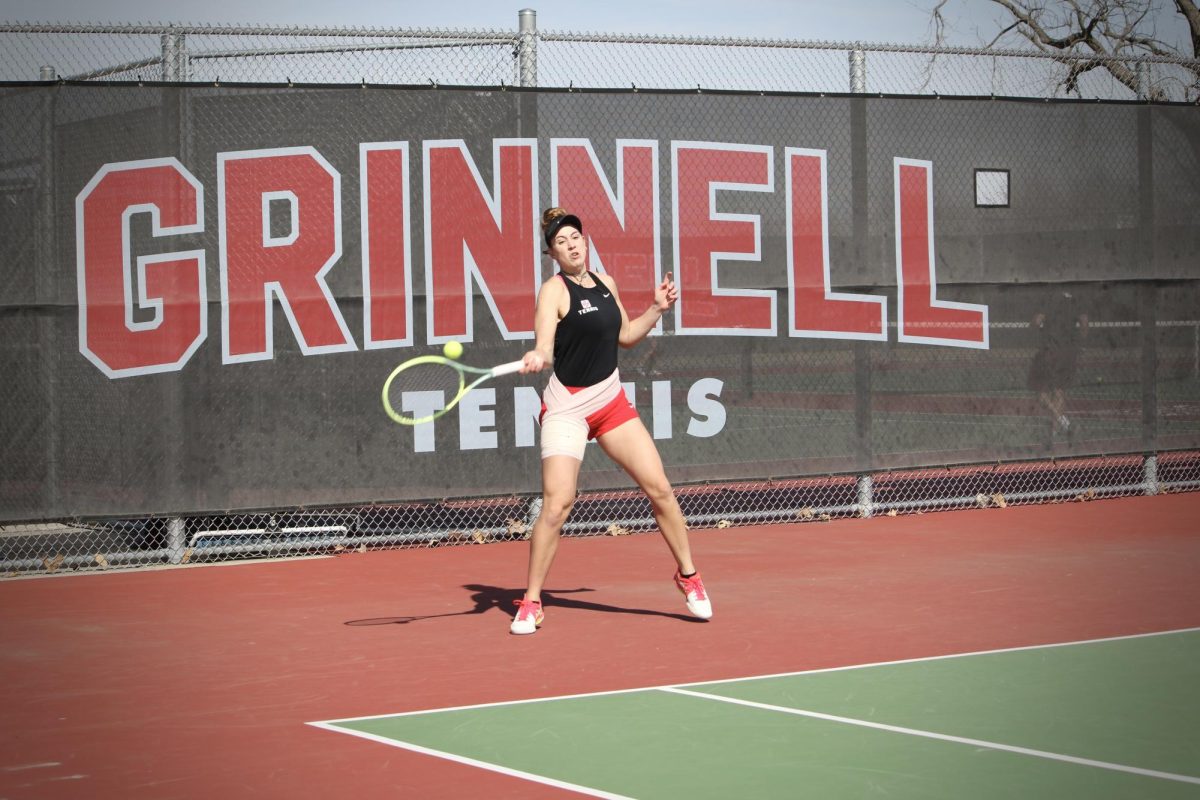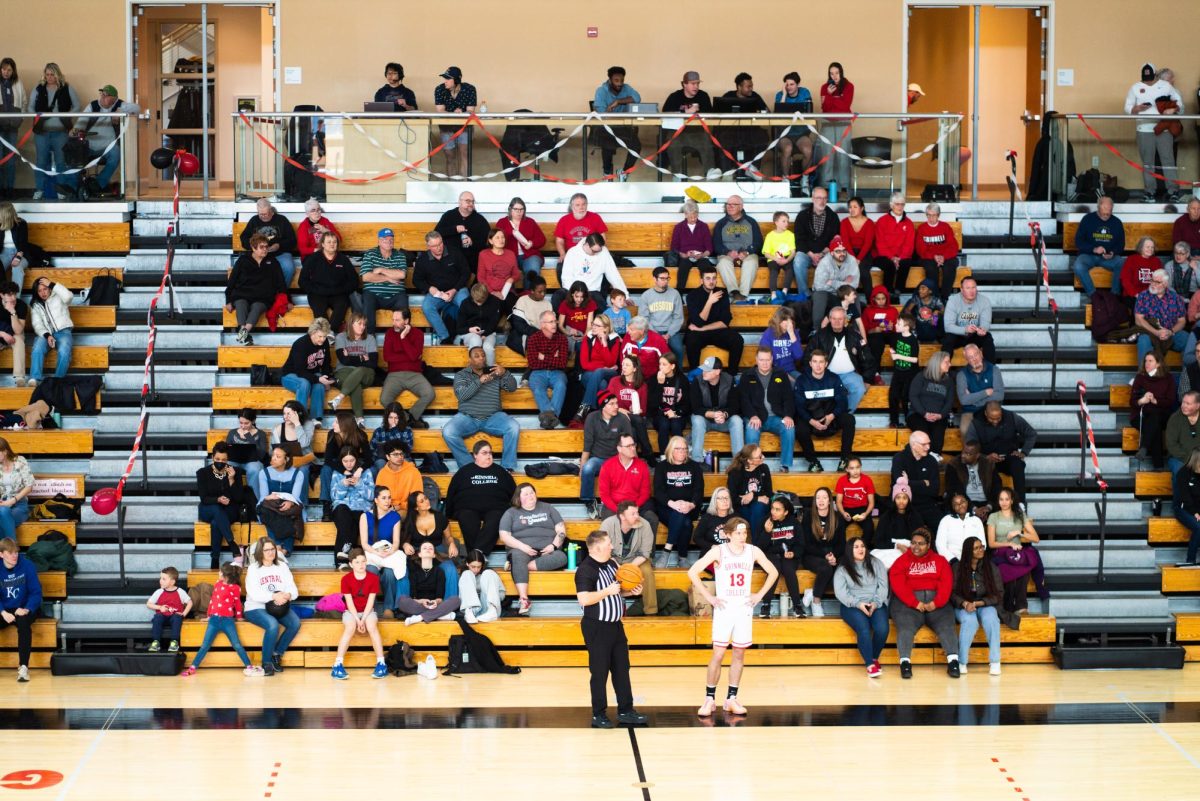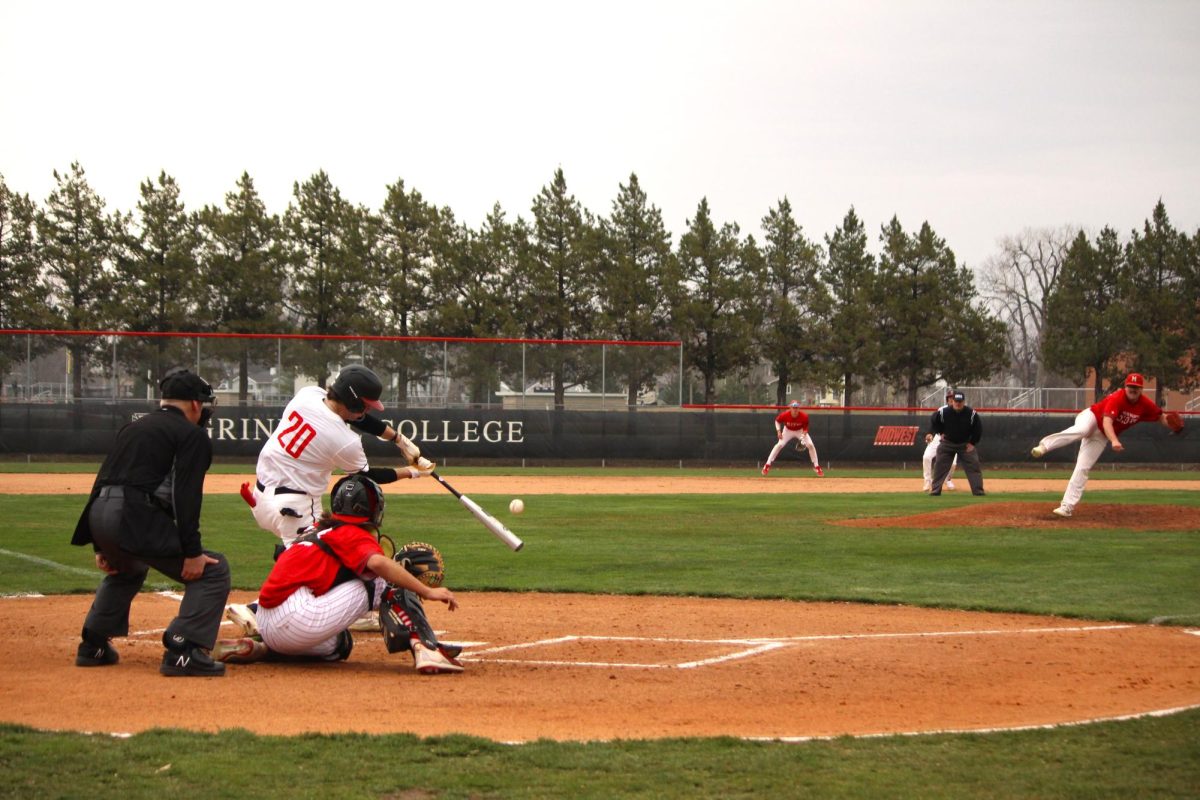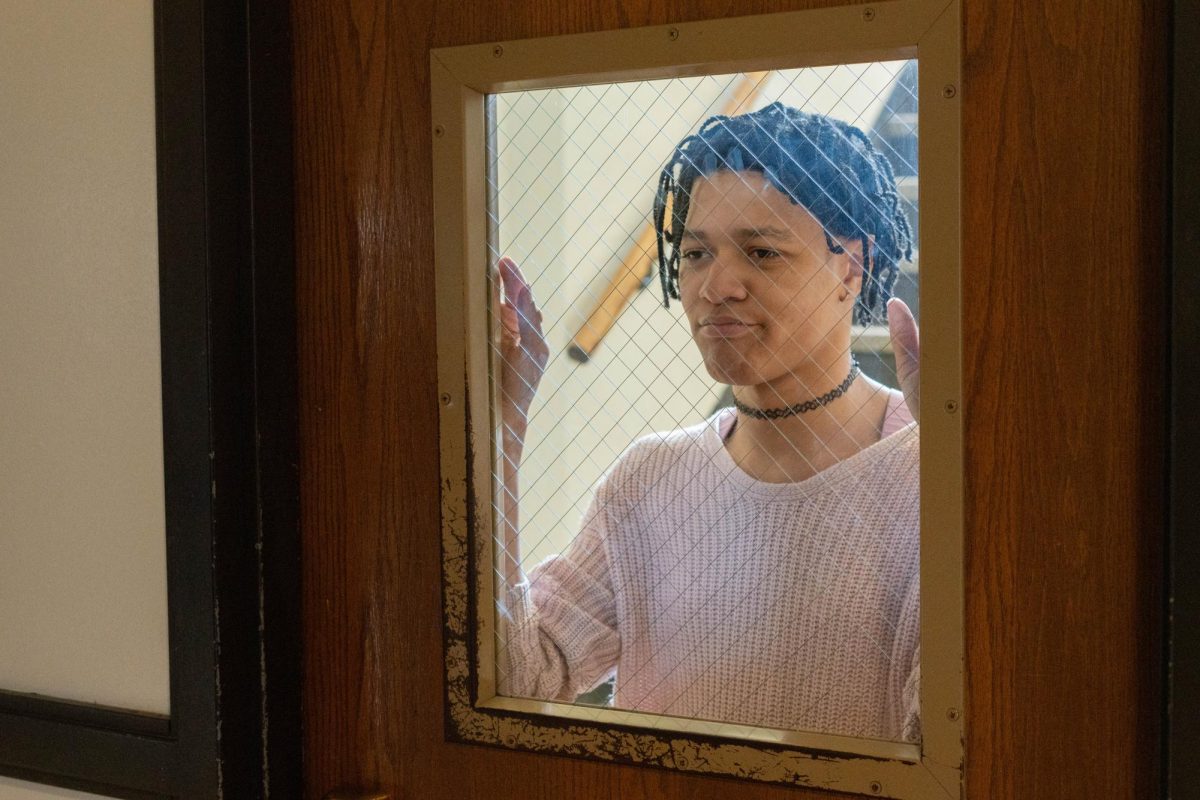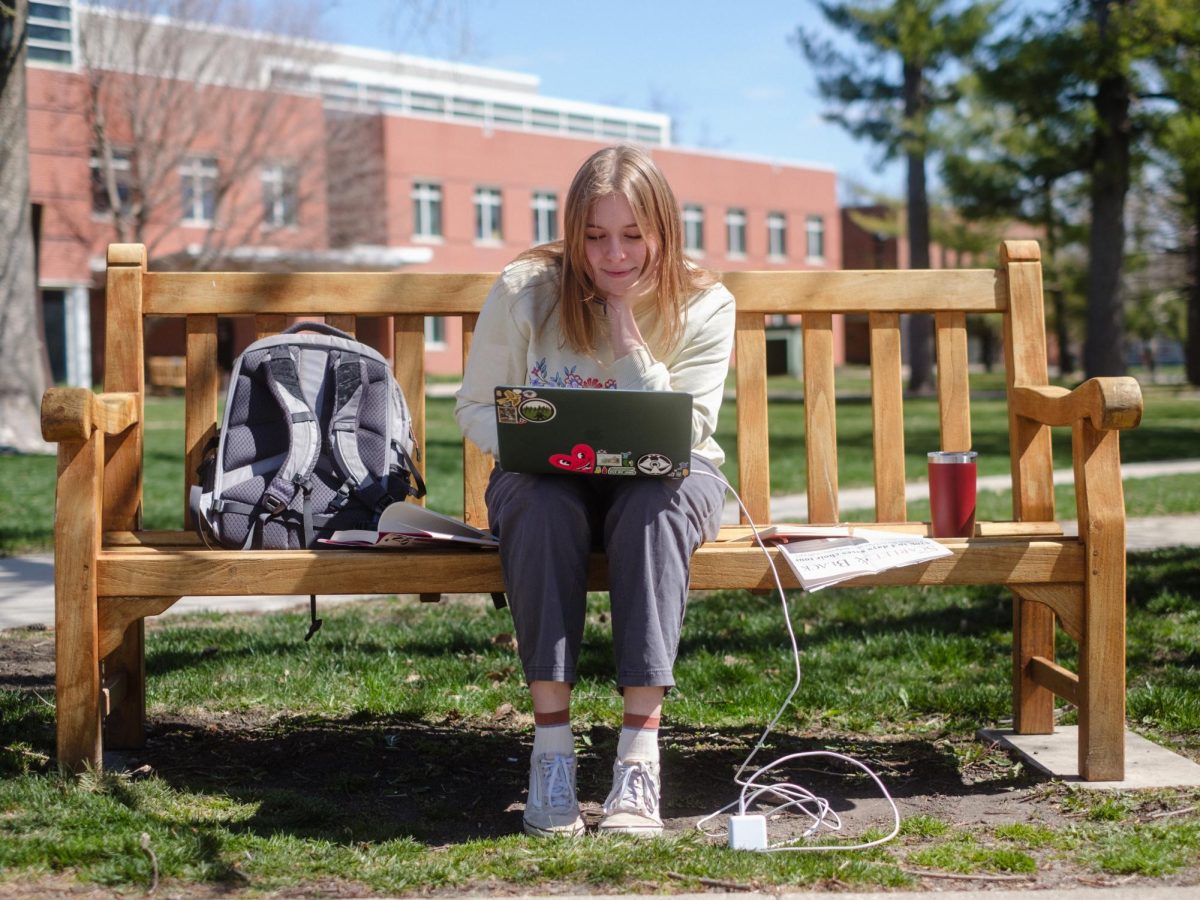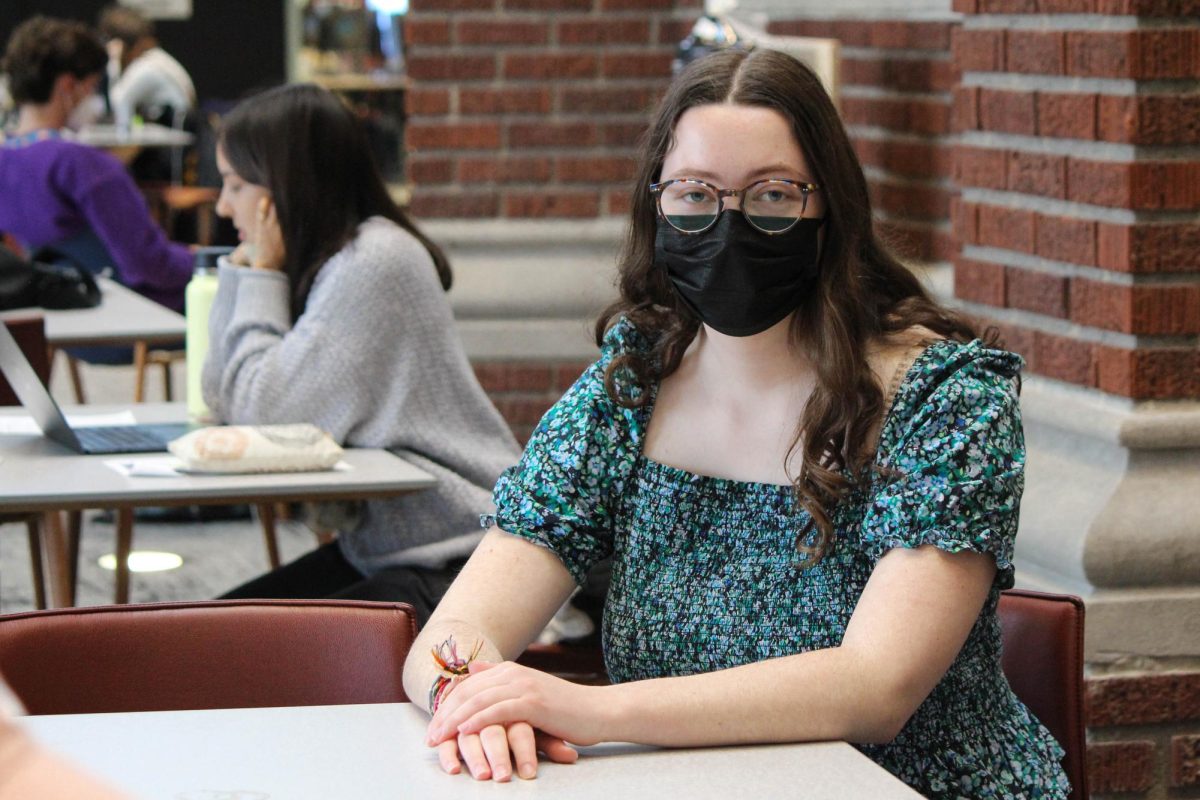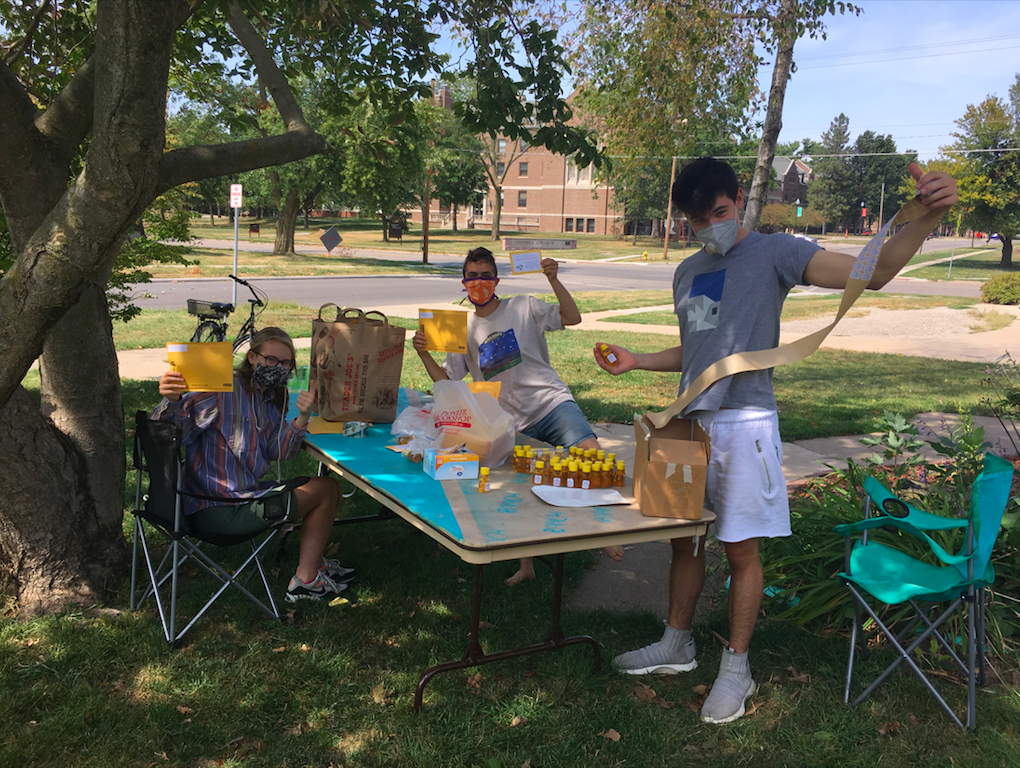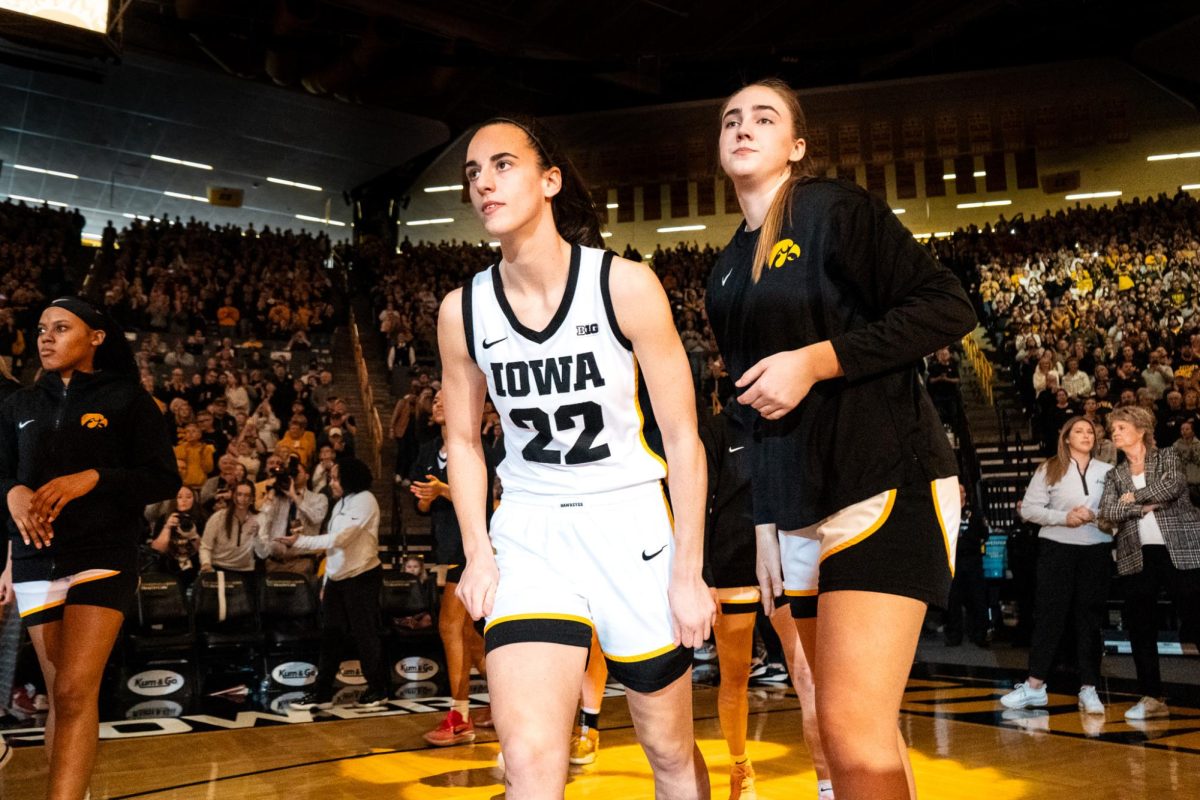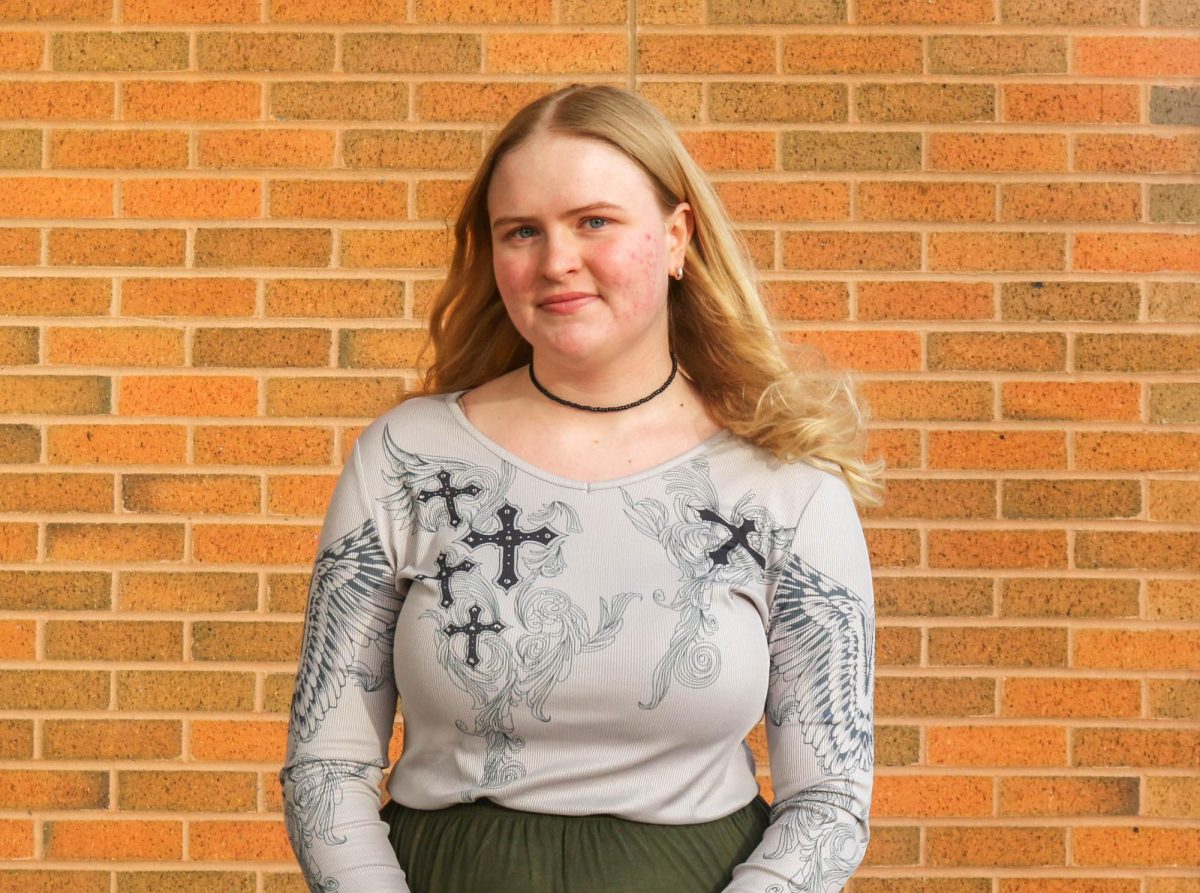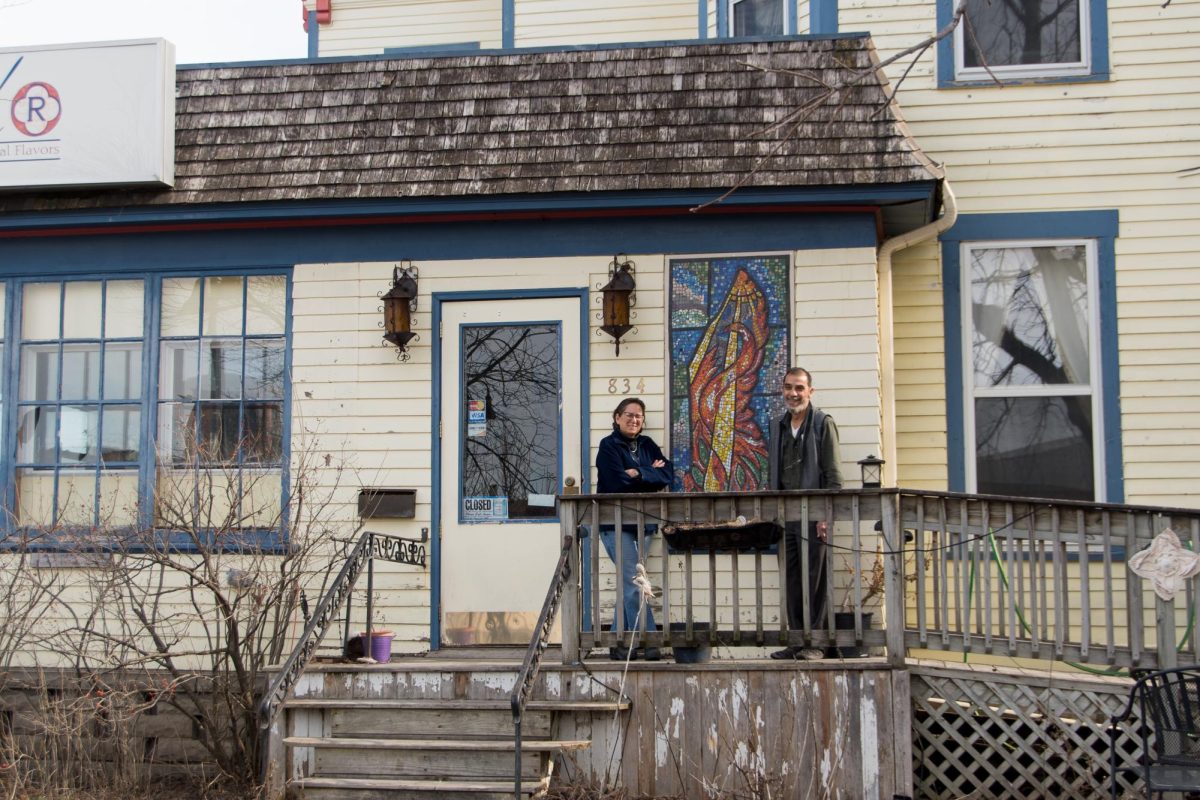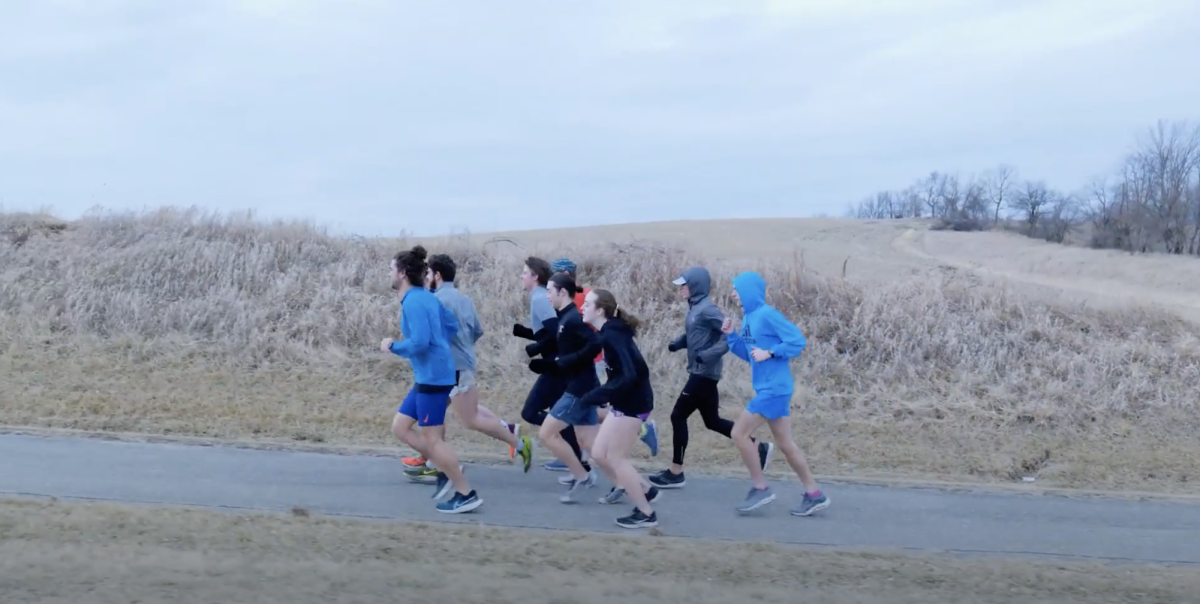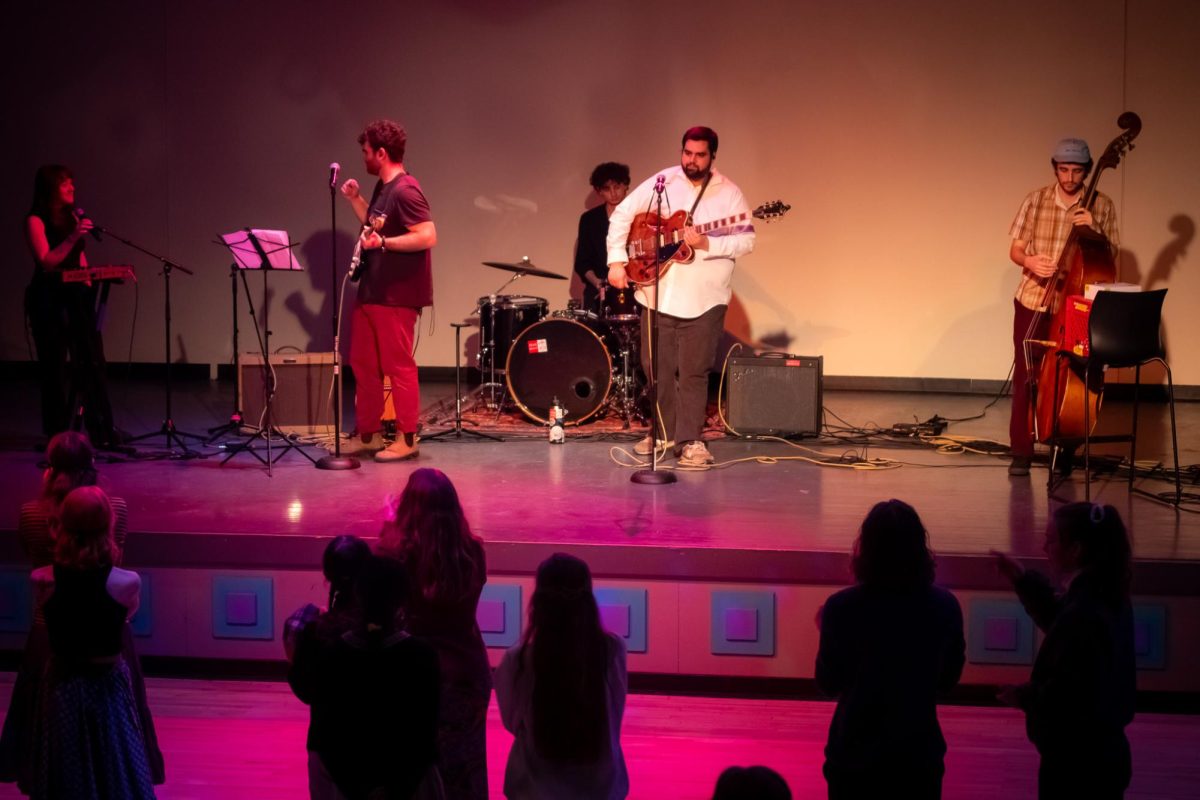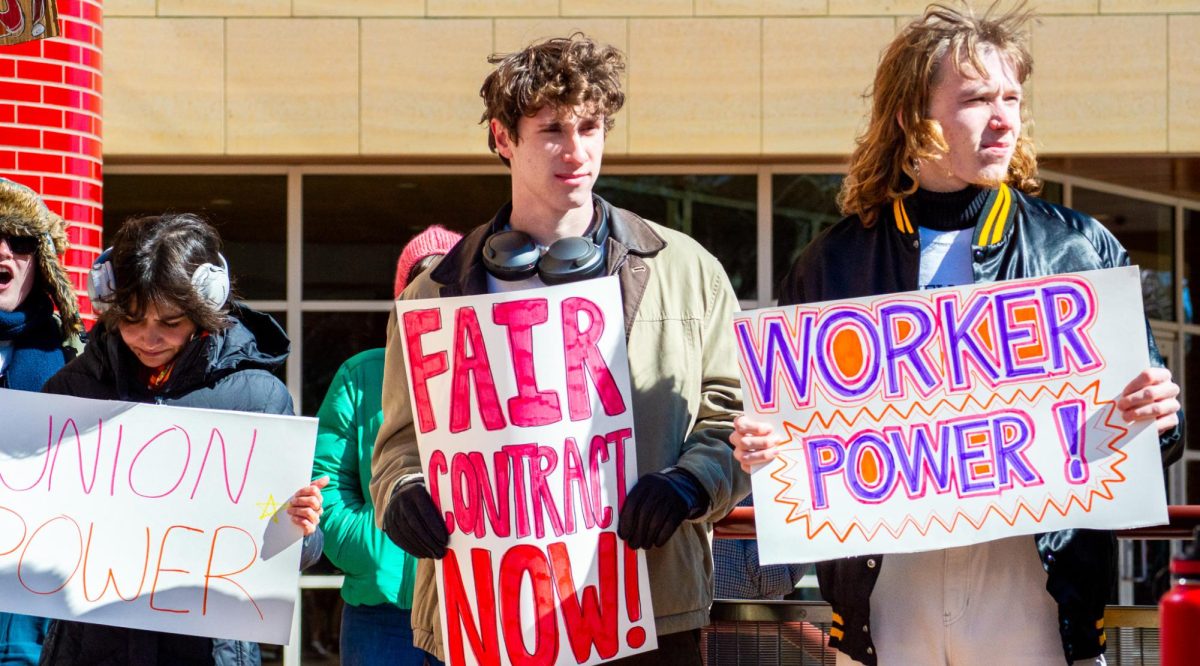Some students in this semester’s tutorials have been discussing issues that aren’t exactly on the syllabus. The Tutorial Task Force, comprised of Grinnell students, has been conducting workshops and panels concerning social justice in many tutorials since the beginning of the academic year.
“The goal of the task force is to introduce conversations that happen at Grinnell to all the incoming first years,” said Task Force member Keilah Courtenay ’13.
The group formed last semester in response to a Bias Motivated Incident targeting Graciela Guzman ’11 (see S&B, March 5, 2010). Cyril Afeku ’13 joined with Guzman, Courtenay, Student Government Association President Ben Offenberg ’11 and Luis Vallejo ’13 to discuss possible ways to affect change. The founders started by passing a resolution at Joint Board and moved on to meetings with Associate Dean of the College and Acting Vice President of Diversity and Achievement Kathleen Skerrett.
“What we tried to do was … somehow get the [the response from the school] institutionalized,” Afeku said.
They decided on a plan involving two parts.
“We have two exercises—it is a role playing exercise and then a panel discussion,” Afeku said. “We call on students in the class room and they explain what’s wrong and what’s right—how to intervene.”
After deciding upon the method, the group began contacting professors to set up a schedule of visits.
“We sent out e-mails to each tutorial professor, some responded, some didn’t. Some said they already had diversity covered and, to be fair, some tutorials were already about diversity,” Afeku said. “Some really wished they could, but time was too much of a factor.”
The Task Force catered each session to the specific class by collaborating with the professor.
“The professors also provide a framework or what to talk about,” Courtenay said. “We try to incorporate what they’re reading into it.”
Courtenay admits that it can be a little difficult to get a good conversation flowing.
“You usually have to rile them up to get them to really talk about issues,” she said. “I guess they’re too afraid to maybe offend somebody.”
Overall, there has been mixed reception to the workshop. Many professors are happy with the chance to discuss issues not otherwise touched on in tutorial, but some are concerned with the effectiveness of the methods.
“It was pretty interesting. My first one was a call full of pre-med students,” Courtenay said. “And the professor actually said that she doesn’t get to talk about issues like isms, racism, class, sexism, things like that, in a medical situation. So it was nice to have them be able to get outside the box.
Professor Samuel Rebelsky, Computer Science, who been a vocal advocate for social justice on internet forum GrinnellPlans and in the classroom, has several worries that stretch beyond just the Tutorial Task Force.
“The workshop began with an attempted review of what students had learned during orientation. Unfortunately, the students did not recall much from the orientation discussions,” Rebelsky wrote in an email. “Their difficulty remembering does suggest to me that the orientation discussions are not having the impact that they should.”
Rebelsky also believes the students leading the session could be better prepared for their task.
“I also think that the facilitators need more training,” he wrote. “Leading a discussion on these issues is hard, particularly when there is an outspoken faculty member present, and relative novices should not be attempting such leadership without significant support.”
As a first-year, Sofia Tedesco ’14 saw benefit in both aspects of the class period.
“The best part was when they facilitated the discussion, it made us think about the issues,” she said. “It was frightening how easily we could all slip into the roles of people we were trying not to be.”
As far as the future of the program, the Task Force is communicating with next year’s tutorial professors in order to establish schedules. They are also considering holding the workshop and discussion in one centralized location where professors can bring their students in order to consolidate many workshops into one.
Regardless of where the program moves to, James Kent ’14 sees the value of the program as a being always present.
“It helps you think about the wider scope,” Kent said. “All the different types of people that are here, how you have to think about that before you just open your mouth and just say whatever comes out.”
